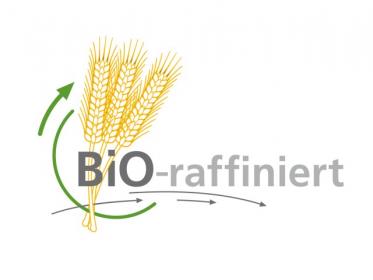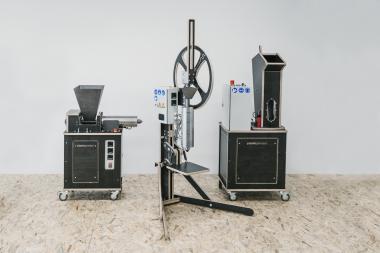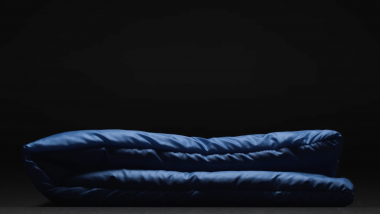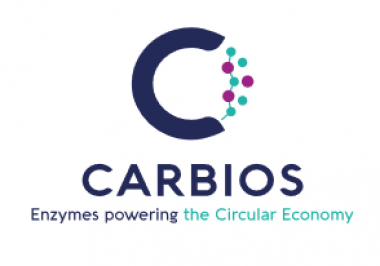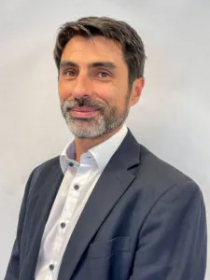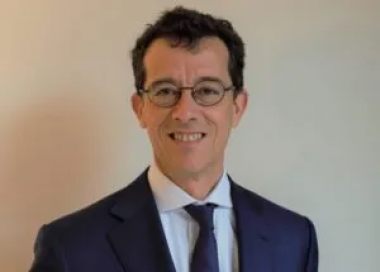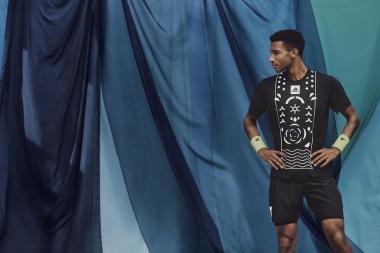Texaid: Neue Textilien aus recycelten Fasern
Seit mehr als sieben Jahren forscht Texaid, das seinen Deutschland-Sitz im hessischen Darmstadt hat, daran, wie textile Altfasern und Abfälle vor dem Verbrennen bewahrt und weiterverwendet werden können. Deswegen arbeitet das Unternehmen unter anderem mit Partnern aus der Industrie, dem Recyclingatelier ITA Augsburg von der RWTH Aachen, vertreten von Prof. Dr. Stefan Schlichter, und der Hochschule Augsburg, vertreten von Prof. Dr. Nadine Warkotsch, unter anderem Vizepräsidentin für Forschung und Nachhaltigkeit, an Verfahren, mit denen auch textile Abfälle länger im Verwertungskreislauf gehalten werden können.
Die Basis für diese Forschungen bildet auch das Werk in Apolda. Dort werden täglich rund 350.000 Kleidungsstücke und andere Textilien sortiert. Bei vielen Textilien ist es nicht möglich, sie als Ganzes im Verwertungskreislauf zu halten. Sie werden deswegen sortenrein sortiert, um ein Recycling ihrer Fasern zu ermöglichen.
Seit einigen Monaten wird dies durch innovative Technik unterstützt. So wurden zu Testzwecken einzelne Arbeitsplätze hochtechnisiert. Neben Nah-Infrarot-Scannern zur Analyse der stofflichen Zusammensetzungen der Textilien ist ein Arbeitsplatz mit einem NFC-Lesegerät ausgestattet. „So können wir bereits heute digitale Produktpässe von Textilien auslesen“, so Texaid-Geschäftsführer Thomas Böschen. Um die Recycling-Quote zu erhöhen, plant die EU, künftig jedes Textil mit Chips auszustatten, die Informationen über Herstellung, Zusammensetzung und Möglichkeit der Weiterverwertung geben.
Texaid hat eine Shoppingtasche als erstes eigenes Produkt mit einem solchen Chip ausgestattet. Die Tasche besteht zu 50 Prozent aus Garnen von recycelten Alttextilien und zu 50 Prozent aus Polyesterfasern, die aus Ozeanplastik hergestellt wurden.
Texaid








